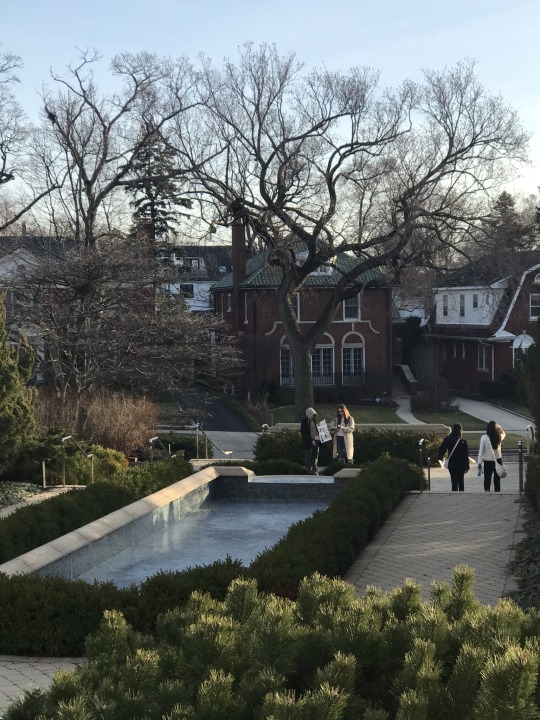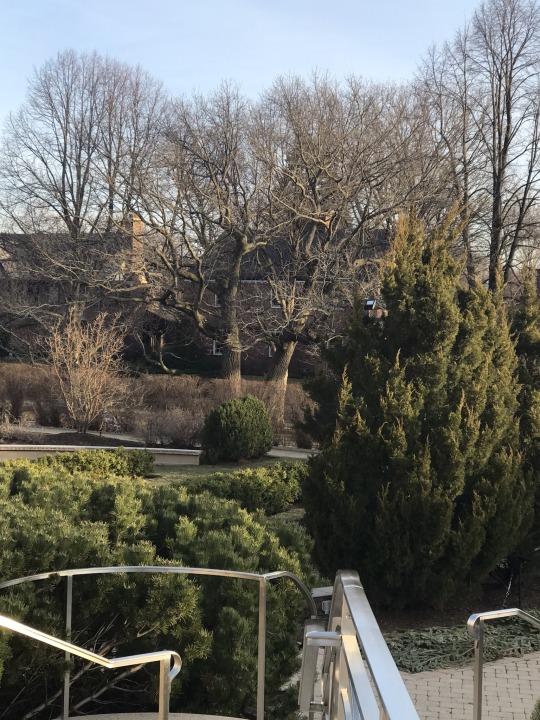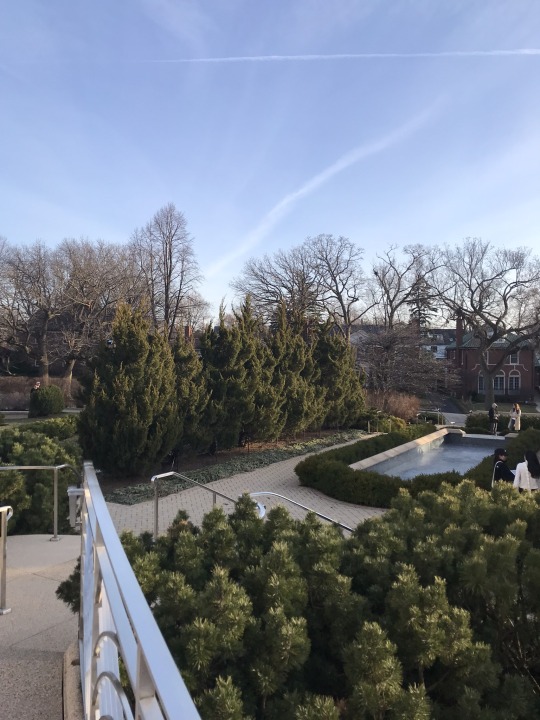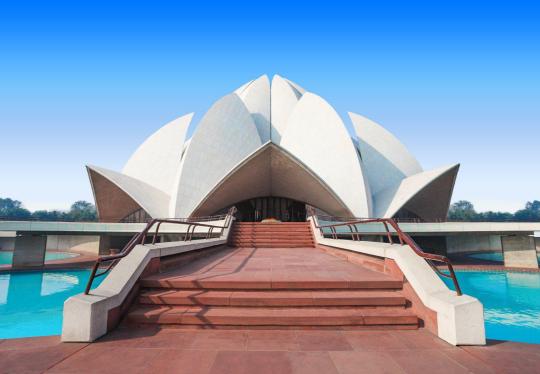#baha’i
Text
“This is what I do, this is my purpose in life, I feel, is to be this voice and to help people,” Rayshel said. “I’ve known people to commit suicide over this. It’s the most horrible thing to know that the person that you talk to one week is gone the next.”
Read about Rayshel's journey of pushing for LGBTQ tolerance within his faith.
41 notes
·
View notes
Text
O God, my God! I have set out from my home, holding fast unto the cord of Thy love, and I have committed myself wholly to Thy care and Thy protection. I entreat Thee by Thy power through which Thou didst protect Thy loved ones from the wayward and the perverse, and from every contumacious oppressor, and every wicked doer who hath strayed far from Thee, to keep me safe by Thy bounty and Thy grace. Enable me, then, to return to my home by Thy power and Thy might. Thou art, truly, the Almighty, the Help in Peril, the Self-Subsisting. — Bahá’u’lláh
Travel protection prayer
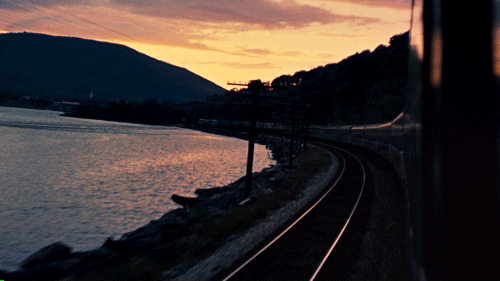
#witchcraft#witchblr#witch#witches of tumblr#magick#witches#beginner witch#witch tips#witchcraft 101#bahai#bahai prayers#travel#prayer#protection prayer#Baha’i#bahá’í#travel protection
4 notes
·
View notes
Text
The Baha’i faith is a conundrum to me. On the one hand I agree with (most) of their teachings but I can’t get past their prohibition on same-sex marriage. I think Baha’i teachings are good things to draw inspiration from in my spiritual life but I don’t think I will ever fully become one.
3 notes
·
View notes
Text
. . . it is evident that ignorance and misunderstanding have caused so much warfare and strife between Christians and Muslims. If both should investigate the underlying truth of their religious beliefs, the outcome would be unity and agreement; strife and bitterness would pass away forever and the world of humanity find peace and composure.
‘Abdu’l-Bahá, The Promulgation of Universal Peace, p. 201-202
1 note
·
View note
Text

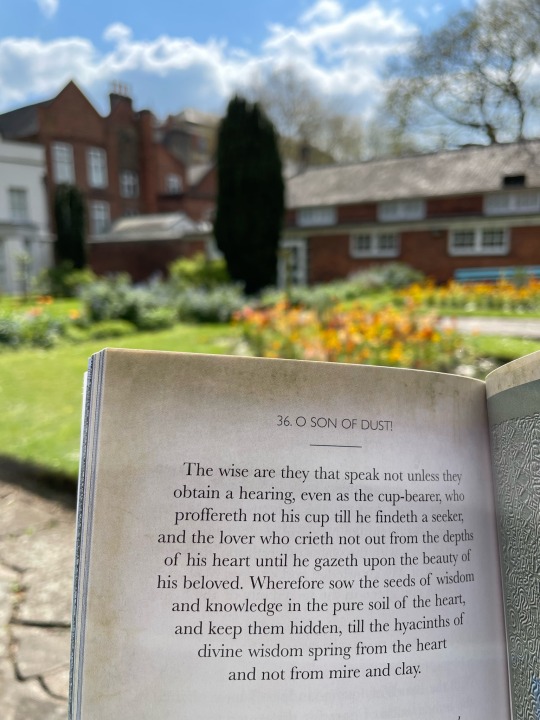
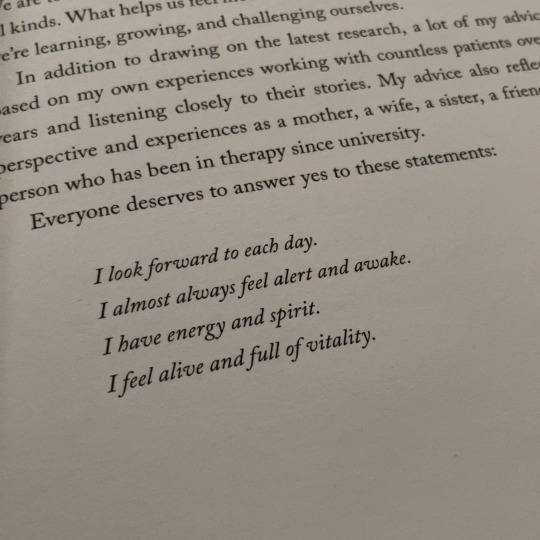

I’ve been reading a book named “Ready for Anything” by Samantha Boardman. It has been gifted to me by my personal tutor / lecturer. He’s such a kind man, I’m eternally grateful.
He knew I’ve been going through a very traumatic and stressful period this academic year.
It’s an incredibly useful book and I literally cannot stop recommending it. It’s very well scientifically referenced too. I’m hoping to develop resilience and cope with stress in a healthier and natural way.
(oh and top right was from a baha’i book called “hidden words”.)
1 note
·
View note
Text
A former leader of the Iranian Baha’i community says the Islamic Republic gives them no chance of “leading a normal life” on account of their faith.
“For forty-five years, we Baha’is have been constantly disqualified from leading a normal life in our ancestral homeland,” Mahvash Sabet, a former member of the Baha’i community’s leadership group wrote in a letter from Tehran’s Evin Prison.
She reflected on the impact of the Islamic Revolution of 1979, stating, "Our ancestral homeland was abruptly taken from us, and we became 'the others'." Sabet recounted the misfortunes suffered by the Baha’i community, including the execution of nearly 250 of its members and the confiscation of assets belonging to many others.
The Shia clergy consider the Baha’i faith as a heretical sect. With approximately 300,000 adherents in Iran, Baha’is face systematic persecution, discrimination, and harassment. They are barred from public sector employment and, in certain instances, have been terminated from private sector jobs due to pressure from authorities.
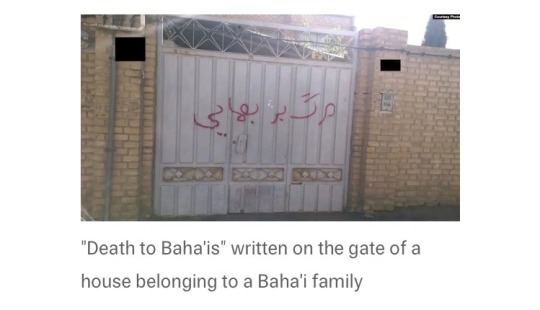
In her letter, a copy of which was received by Iran International, Sabet has used the term “disqualified” (radd-e salahiyat) to describe Iranian Baha’is deprivation of civil and human rights including freedom of religion, the right to higher education, and most jobs.
In the context of ideological screening primarily carried out by security and intelligence bodies, Radd-e salahiyat means “found disqualified” for a position or status. Screening is conducted in a wide range of situations including higher education, civil service, participation in national sports teams, and elections.
Belief in the absolute guardianship and rule of a jurisprudent cleric (velayat-e motlaqqeh-ye faqih) and the Constitution of the Islamic Republic as a governing system are two of the fundamental requirements for being “qualified” in these situations.
Sabet, now seventy-one, was dismissed from her job as a school principal after the Islamic Revolution of 1979. She has been consistently denied the opportunity to publish her poetry in Iran, where books undergo scrutiny and rejection not solely based on their content, but often due to the authors' ideology, religion, or private lives.
In her letter, Sabet, who has spent nearly twelve years in prison for her faith, reveals that authorities appropriated a sand processing factory her husband had been constructing just a week before its launch. “He was disqualified, too!” she wrote in her letter.
In 2009, seven leaders of the Baha’i community, collectively known as Yaran (friends or helpers), including Sabet, were arrested. They were sentenced by a revolutionary court to 20 years in prison on fabricated charges, including "insulting" Islamic sanctities, propaganda against the regime, and alleged spying for Israel, for which the prosecutor had sought death sentences.
Some of the charges, including espionage, were dropped by an appeal court in 2010, resulting in a reduction of their sentences to 10 years. However, authorities reinstated the original 20-year sentences in 2011.
All members of the Yaran group were released from prison between September 2017 and December 2018. However, Sabet and Fariba Kamalabadi, another female member of the group, were arrested again on August 1, 2022.
Both women endured months of solitary confinement while awaiting their trial. In December, they were handed another decade-long prison term for "forming a group to act against national security," a sentence they are currently serving.
#baha’is in Iran#Iranian baha’is#Iranian women#Bahá’í faith#Baha’i faith#religious persecution#human rights violations#yaran#mahvash sabet#fariba kalamabadi#false imprisonment#I was devastated when these women were arrested again#I remember spending years campaigning for their release#the regime wants them to die in in prison
7 notes
·
View notes
Text
When I first read Fahrenheit 451, I remember thinking “people actually memorized entire novel length books?”
But here’s the thing.
Sometimes, it happens. Sometimes, it’s necessary.
You know what happens when a government regime doesn’t like the message of a book? They ban it, they burn it, they stop it from reaching their people. Especially religious books.
I’m a Bahá’í, I was lucky enough to be born in the United States, and to be White. However, the motherland of my faith is… less than accepting, shall we say, of my fellows still within her borders. There was a push to get as many of our people out as possible before it became impossible for a while, and even today, people are still describing it as “escaping” their homeland when they leave. A friend of mine, who was in high school when the current regime took over, back when he still lived there, memorized one of our holy books in the original language, because there was serious question as to whether the books would be allowed to continue existing. He memorized that book with a few friends, while his other friends memorized some of the others—we have a lot—and he still has it memorized, now this his sons are older than he was then. He could recite the whole thing.
I believe this has happened before. I hope it will not be needed again, but I fear it will be.
Sometimes, the quiet resistance of memorization is what someone can manage. Sometimes we can do more, or other things, but memorizing completely banned books, saving them in our minds so we can share them again once others have forgotten, that is invaluable.
And it is impressive.
Fahrenheit 451 was a warning, based on things Bradbury could see as potentially happening, and based on things that had happened.
I don’t think we can afford to roll our eyes and ignore it.
#tamlin speaks#idk I just saw the cover of F451° again and brain went Ping#I am sad and tired and angry#it’s been 40 years#I want my friends to be able to visit their families again#Bahá’ís in the holy land aren’t even allowed to bury their dead in Baha’i owned cemeteries anymore#my friends’ families aren’t allowed funerary rights just mass graves
4 notes
·
View notes
Text
Celebrating the 100th Anniversary of The National Spiritual Assembly of the Baha’is of India at Lotus Temple

New Delhi, India – In a momentous celebration of religious diversity and inclusivity, dignitaries, diplomats, spiritual leaders, and members of the creative fraternity gathered at the iconic Lotus Temple to commemorate the 100th Anniversary of The National Spiritual Assembly of the Baha’is of India.
The event, graced by esteemed guests including the Ambassador of Venezuela, the Ambassador of Chile, the High Commissioner of Papua New Guinea, and the Cultural Counsellor of the Embassy of Cuba, Kazem Samandari of L’Opera, Ambassador of Greece, Ambassador of Turkey, underscored the significance of fostering harmony and understanding among diverse communities.
The evening commenced with the reading of a heartfelt message from Prime Minister Narendra Modi, who lauded the milestone as a testament to India’s vibrant landscape of religious diversity and inclusivity. His words resonated with the essence of the occasion, emphasizing the importance of embracing pluralism and celebrating the rich tapestry of faiths that coexist harmoniously within the nation.
Dr. Ram Madhav, President of the India Foundation, shared his insightful thoughts on the occasion, highlighting the importance of preserving religious freedom and upholding the values of tolerance and mutual respect. His remarks echoed the sentiment of unity and solidarity that permeated the gathering, serving as a beacon of hope for a more inclusive and compassionate society.
Sandeep Marwah, in his address to the press, emphasized the significance of religious freedom in India, citing it as a source of strength that empowers individuals to embrace their beliefs freely. He underscored the inclusive ethos of Baha’i culture, wherein diversity is celebrated, and individuals are encouraged to coexist harmoniously, transcending barriers of creed and nationality.
The celebration of the 100th Anniversary of The National Spiritual Assembly of the Baha’is of India served as a poignant reminder of the country’s rich heritage of religious pluralism and tolerance. As attendees reflected on the journey of the Baha’i community in India and its contributions to the fabric of society, they renewed their commitment to fostering a world where all faiths are respected and cherished.
#Celebrating the 100th Anniversary of The National Spiritual Assembly of the Baha’is of India at Lotus Temple#Dr. Sandeep Marwah President of WPDRF
0 notes
Text
The craziness of 50,000 religions
Publisher: In-Sight Publishing
Publisher Founding: March 1, 2014
Web Domain: http://www.in-sightpublishing.com
Location: Fort Langley, Township of Langley, British Columbia, Canada
Journal: In-Sight: Independent Interview-Based Journal
Journal Founding: August 2, 2012
Frequency: Three (3) Times Per Year
Review Status: Non-Peer-Reviewed
Access: Electronic/Digital & Open Access
Fees: None…
View On WordPress
#abortion#Adventists#Asian sects#Baha’is#Buddhism#Christian Scientists#Confucianism#Dukhobors#Free Inquiry#glossalalia#Hare Krishnas#Homo Sapiens#Jehovah’s Witnesses#Moonies#Mormons#New Age#Pentecostals#Psychology Today#Raelians#Rastafarians#religions#Scientologists#Sufi#supernatural worship#Taoism#Thugs#Unity Church#Urantia#Voodoo
0 notes
Text
Haifa, Rosh Hanikra, Akko, and Caesarea
A post covering Israel’s north coast, home to its third largest city, Crusader fortifications, a Roman city, and natural beauty on the border with Lebanon. To start with Haifa, Israel’s main port, a bustling place that spreads up the 546m high Mt Carmel, becoming less industrial and more desirable with altitude. By far its most famous sight are the incredible Baha’i Gardens, some of the most…
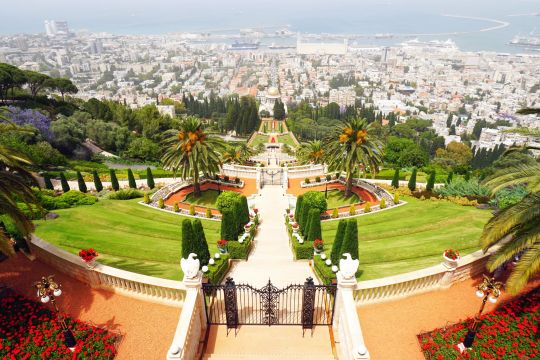
View On WordPress
#Acre#Akko#Al-Jazzar Mosque#Al-Zeituna Mosque#Baha’i Gardens terrace#Caesarea#Haifa#Haifa City hall#HaZikaron Garden#Israel#Knights&039; Halls#Louis Promenade#photography#Rosen Gardens#Rosh Hanikra#travel
0 notes
Text
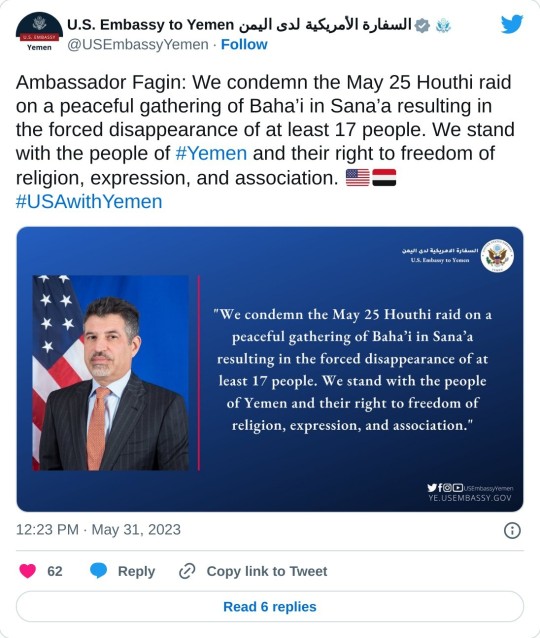
#my heart is going out to my brothers and sisters in yemen#i hope and pray for their safety#stop the persecution of baha’is#in iran and yemen
1 note
·
View note
Text
The theories and policies, so unsound, so pernicious, which deify the state and exalt the nation above mankind, which seek to subordinate the sister races of the world to one single race, which discriminate between the black and the white, and which tolerate the dominance of one privileged class over all others -- these are the dark, the false, and crooked doctrines for which any man or people who believes in them, or acts upon them, must, sooner or later, incur the wrath and chastisement of God.
Shoghi Effendi, The Promised Day is Come, p. 113-114
0 notes
